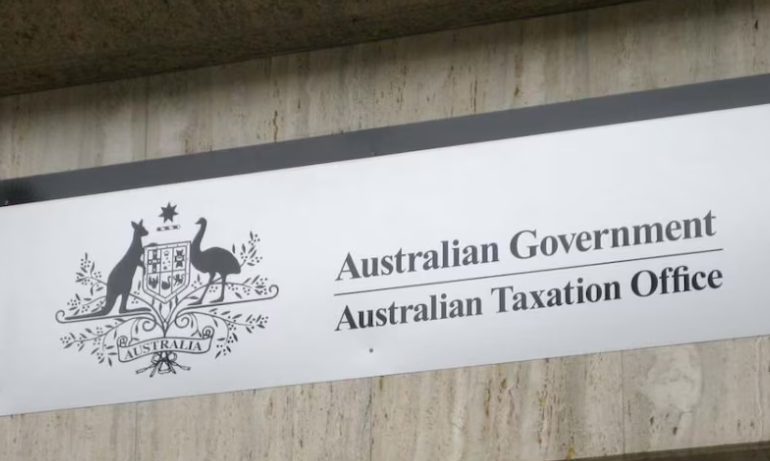ATO chasing small business GST and income tax debts worth billions

Small business owners have collected billions of dollars in GST from their customers in recent years but failed to hand it to the tax office, prompting a warning from the new tax commissioner.
They have also withheld billions of dollars from their employees’ wages, for Pay-As-You-Go tax instalments, but haven’t handed it to tax authorities.
Rob Heferen, the new commissioner of the Australian Taxation Office (ATO), says small businesses collectively owe the ATO about $24 billion in collectable debt relating to their business activity statements (BAS), and he’s worried about the implications.
“We are seeing an increasing number of businesses fall behind on these types of payments, from which point it is very difficult for businesses to get back on top of their obligations and remain viable,” he says
“It’s critical that all employers – big and small – keep on top of their obligations to their employees first and foremost, as well as their obligations to government in respect to GST, income tax, and other taxes.”
Unfair for businesses ‘doing the right thing’
Mr Heferen began his term as tax commissioner last month.
The former deputy secretary at Treasury, who helped to design the GST in the late 90s and led the secretariat for the Henry Tax Review, will be leading the ATO for the next seven years.
He will speak on Thursday morning at the Council of Small Business Organisations of Australia national small business summit in Sydney.
He will be joined by the heads of Australia’s key regulatory agencies, including the Australian Securities and Investments Commission (ASIC), the Australian Competition and Consumer Commission (ACCC), the Australian Financial Security Authority, and the Fair Work Ombudsman, to talk about the challenges faced by small businesses.
Mr Heferen plans to tell the forum that he’s still very new to his role and his key task is to listen and learn at this stage.
But he’ll remind the audience that in December last year the ATO returned to normal debt collection across all markets — with the lockdown period well and truly over — and a key focus for the agency is ensuring that taxpayers pay their tax and super obligations on time.
He will say the amount of collectable debt in Australia (which is the tax and superannuation obligations that have gone unpaid by taxpayers) is now worth more than $50 billion.
He’ll say 65 per cent of all collectable debt owed (which equates to $32.5 billion) relates to small business, and 74 per cent of that figure ($24 billion) relates to their activity statements.
“This means a significant portion of the amount going unpaid is GST collected from consumers or PAYG withholding, withheld from employees pay,” he will say.
“Many of your members are telling us how concerned they are about the unfair competitive advantage businesses not complying with ATO obligations are getting over those who are doing the right thing.
“There’s also a significant risk of businesses trading while insolvent and creating a situation where all creditors — including suppliers and employees — miss out on what they are owed,” he will tell the forum.
The tax-paying culture has changed since the pandemic
Mr Heferen’s concerns follow those of his predecessor, former ATO commissioner Chris Jordan.
Last year, the deputy commissioner of Tax at the ATO, Vivek Chaudhary, said Australians have historically been great at paying tax on time but that payment culture changed during the pandemic, and the ATO was trying to fix that.
“Too many businesses have accumulated unsustainable levels of debt,” Mr Chaudhary warned.
“The collectable debt has increased over the past four years from $26.5 billion in June 2019 to $50.2 billion in June 2023 — an 89 per cent increase. Collectable debt has nearly doubled.”
He said small businesses were over-represented amongst those owing debts to the ATO, and the ATO would like that to change.
However, some tax experts and small business owners have raised serious concerns about the ATO’s aggressive enforcement action to collect the money recently.
Tony Greco, the general manager of technical policy at the Institute of Public Accountants, said he fears many small businesses still don’t have the capacity to pay and more aggressive ATO action could send more businesses under.
“I think, for a lot of sectors, the post-COVID period hasn’t been all that rosy,” Mr Greco told the ABC recently.
“If the ATO were to pursue this debt aggressively, you’d probably find a lot of small businesses just pretty much hanging up their shingles and declaring bankruptcy,” he said.
SOURCE: ABCNEWS





